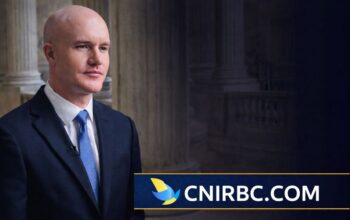
The STABLE ACT
The Stablecoin Tethering and Bank Licensing Enforcement (STABLE) Act, which claims to protect consumers, has recently come up against serious scrutiny from the cryptocurrency community. Proponents of the bill say that it is necessary to regulate stablecoins because they act like money, while opponents say that the bill stymies innovation by placing erroneous regulations on stablecoins.
The Banking Charter A Help?
An intricate part of the proposed legislation is a requirement that all Stablecoin issuers first obtain a banking charter, and then abide by all the existing banking regulations in their jurisdictions. This includes maintaining reserves equivalent to the dollar amount of their stablecoin issued at the Federal Reserve, and undergo regular audits to ensure compliance. Currently, Stablecoin issuers are not required to obtain banking charters or place funds with the Federal Reserve.
The Banking Charter A Hinderance?
The STABLE ACT legislation claims as its primary concern, to help protect Low to Moderate Income (LMI) earners.However this was the same group that were hit the hardest by banks and financial institutions during the 2008 housing crisis. During the 2008 crisis hedge funds, banks, and insurance companies caused a subprime mortgage crisis. When the Federal Reserve raised the federal funds rate, it sent adjustable mortgage interest rates skyrocketing. As a result, home prices plummeted, and borrowers defaulted. LMI earners suffered more home foreclosures than any other sector while banks closed their doors. Since that financial crisis, banks have been subject to an increasing number of financial regulations that they claim have affected their earnings and operations cost.
The Popularity of Stablecoins
Due to the recent attention being paid to Stablecoins and cryptocurrency in general, efforts to regulate these tokens are expected to continue in the future as the market for such cryptocurrencies continues to grow. However, there are many issues to consider when regulating the crypto ecosystem, such as consumer privacy and consumer protections, The consequences of US regulations could push the crypto industry out of the US markets, therefore benefiting foreign markets in other countries. Not to mention the loss of job creation, the support and development of these innovative technologies, and the added consumer revenues.



